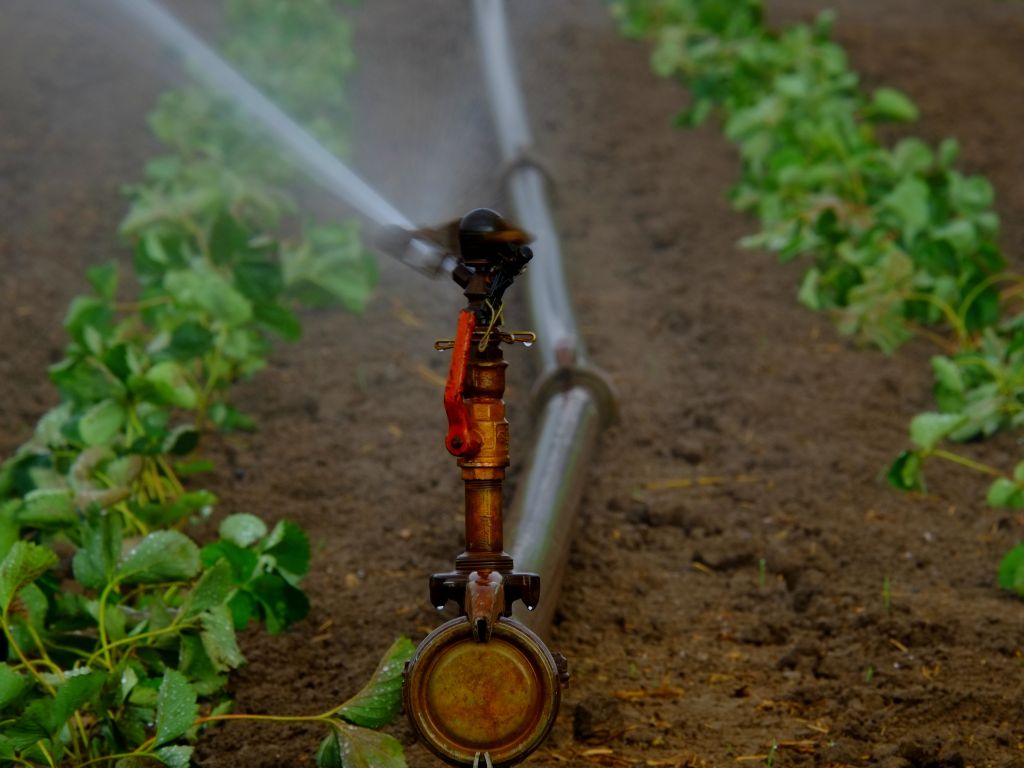What is Deficit Irrigation?

This post is also available in:
This post is also available in:
![]() Ελληνικά (Greek)
Ελληνικά (Greek)
Deficit irrigation is an agricultural strategy of limited water use, applying it in vulnerable growth stages. Many reasons lead to this strategy by farmers. Climate change has affected many areas in the last decades, decreasing the annual rainfall and increasing the average temperature. Groundwater residues have also reduced due to intensive farming, and farmers drill ever deeper in search of water. For those reasons, farmers have to manage the limited available water. The total yield of the crop applying deficit irrigation is affected but not nullified. They can water the crops during drought-sensitive plant-growth stages. Planting-transplantation, stem and fruit growth, and also during a heat wave are phases of higher water needs. The irrigation’s efficiency can also be maximized by the used system









































































